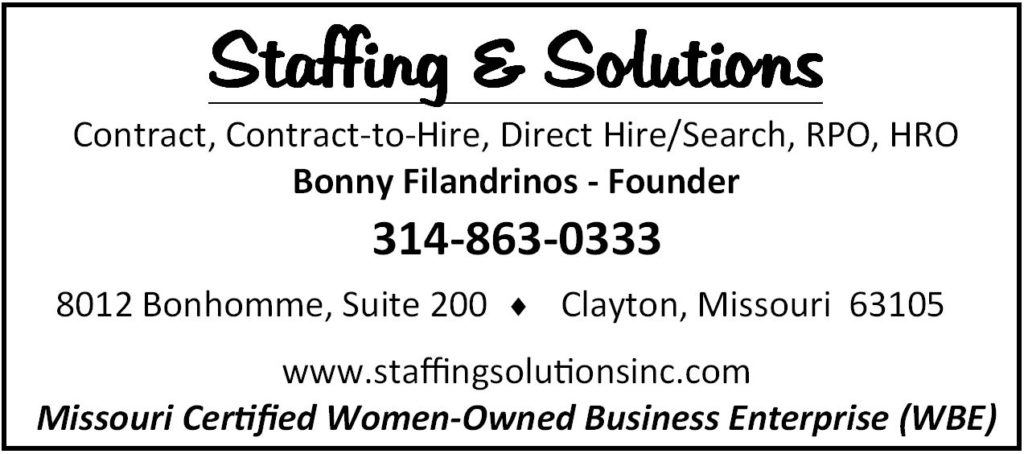Why Good Candidates Are Saying, “Thanks, But No Thanks” to Job Offers

Lately, we have had candidates reject our clients’ offers, a rather unusual outcome for Staffing Solutions. We’re well aware that this is a candidate-driven market, and we know many of our clients recognize this as well. Yet, there still seems to be a disconnect when it comes to “offer time.” Recruiters and hiring managers: Listen up!
Here’s why top talent is turning down job offers, from a candidate’s perspective:
- The candidate has multiple interviews. If candidates are working, they risk being “found out” or giving up valuable PTO to interview. Please consider the candidate’s schedule. When you don’t, it creates a poor candidate experience.
- The recruiter asked basic questions that had little to do with the job, and couldn’t explain the role in detail. The hiring leader was also unable to share examples of “a day in the job.”
- The hiring process was too long, too disorganized, and the offer came too late. Great candidates don’t stay on the market for long. If you draw out the process, chances are you risk losing the best talent AND create negative candidate experiences. Word gets around!
Does this sound familiar? When our candidates have experiences like these, it has consequences. Poor hiring practices tell the applicant a lot about your organization, and it turns off top-notch talent. If the organization only cares about what’s convenient to them, ignoring what benefits the candidate, it sends a message about an organization that lacks a team culture with a top-down mentality.
This is no longer the type of company that “the best” want to join in today’s job market.
Too many hiring leaders still believe that the candidate pool is bottomless, and they can take as long as they wish to make their decision.
I repeat: this is no longer the reality in today’s job market!
If you want to successfully land top talent quickly and efficiently, there are some steps you need to take. For some insight, here’s what the best companies do to attract top talent:
- Prior to interviews, make sure anyone involved in the interview process fully understands the ins-and-outs of the job, and what qualifications the ideal candidate should have.
- Identify the “people skills” a candidate needs to be successful. This is the most intangible part of interviewing candidates, but by understanding the applicant’s personality and motivation, you are guaranteed to improve your hiring process.
- Follow a structured process. Ask every candidate the same questions, so the team can provide fair comparisons and unbiased feedback to the hiring leader.
- Try to schedule all interviews at one time; a follow-up or a second interview is acceptable. But asking a candidate to return for 3, 4, or more interviews is a burden to the candidate.
Consider your candidates: their needs, their concerns, their time. Making this effort will help to ensure a successful hiring process and a positive candidate experience. And when those two go hand-in-hand, you’ve got a filled position and a happy hiring leader!
Questions? Call us.






